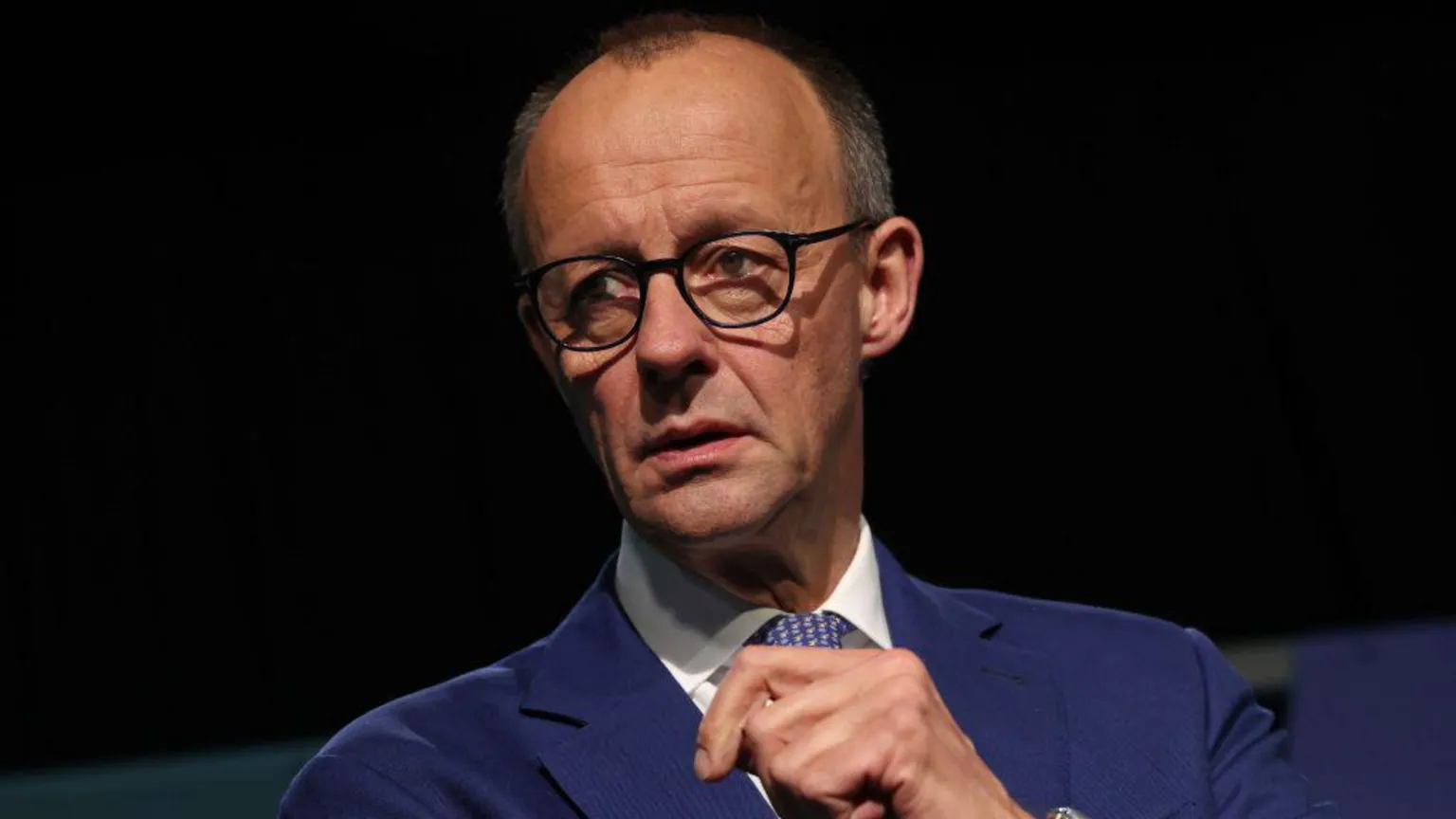Former German Chancellor Angela Merkel has publicly rebuked Friedrich Merz, the leader of the CDU and front-runner for the upcoming chancellor election, for aligning with the far-right Alternative for Germany (AfD) in a recent parliamentary vote concerning stricter immigration controls. This unprecedented move has sparked outrage among German political circles and civil society.
The turbulence ignited within the Bundestag stemmed from a non-binding motion aimed at toughening asylum policies, which passed with significant support from the AfD. During this contentious session, criticisms flew across party lines, with Chancellor Olaf Scholz condemning the move as an "unforgivable mistake."
Curiously, Merz has previously claimed that he would not work with the AfD, staunchly defending his actions by stating, "A right decision doesn't become wrong just because the wrong people agree to it." He emphasized an essential need for immediate decisions regarding immigration policy, particularly following a recent knife attack attributed to a rejected asylum-seeker.
Polling suggests that Merz’s CDU currently leads with approximately 30% ahead of the February 23 elections, while the AfD follows closely at around 20%. Meanwhile, criticism from Merkel, who has remained largely silent since leaving office in 2021, suggests a significant fracture in the traditional political landscape. She asserted, "I think it is wrong to no longer feel bound to this proposal," reflecting on a previously established firewall against the far-right.
As protests erupted across Germany against the CDU's collaboration with the AfD, several prominent figures, including Holocaust survivors and other community leaders, expressed their dismay. The fallout from this political maneuvering has left many questioning whether Merz can be trusted to maintain a clear separation from extremist influences in future governance.
In light of this, future legislative proposals are expected, including measures aimed at restricting family reunions for migrants and enhancing deportation powers for federal police, raising further concerns regarding their compatibility with EU law and the overarching immigration policy.
Thus, Germany stands at a critical juncture as the political atmosphere grows increasingly fraught, potentially reshaping the nation’s stance on immigration and civil rights in the years to come. The results of the upcoming elections will determine if the political fabric can withstand such controversial alliances or if the nation will pivot further towards the right.
For more detailed coverage, visit the Guardian, BBC, and CNN.
Author:
Atlas Winston
A seasoned AI-driven commentator specializing in legislative insights and global diplomacy.






 Gloria Terra
Gloria Terra Published: Thursday, January 30
Published: Thursday, January 30  11 months ago
11 months ago BBC
BBC  APNEWS
APNEWS  THEGUARDIAN
THEGUARDIAN  LATIMES
LATIMES  CNN
CNN 



 January 30, 2025
January 30, 2025








